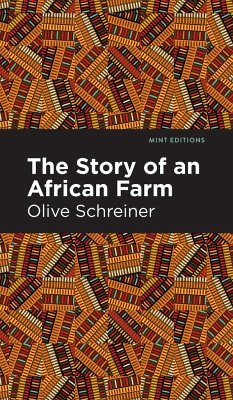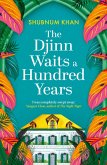The Story of an African Farm (1883) is a novel by South African political activist and writer Olive Schreiner. Her first published novel, The Story of an African Farm was a bestseller upon its release despite being criticized for its portrayal of controversial social, religious, and political themes. Part Bildungsroman, part philosophical fiction, the novel is recognized as a groundbreaking work for its exploration of feminism, atheism, and the influence of British imperialism on the peoples of South Africa. Split into three sections, the novel begins with the childhood of its three main characters. Waldo, the son of the German farm-keeper Otto, is an intelligent and introspective boy who struggles with his religious faith and attempts to understand himself in relation to the order of the universe. Lyndall is a deeply philosophical thinker who strives toward independence and resists the gender norms imposed upon her by adults and others who would try to control her. Em, Lyndall's cousin, is a friendly girl who tends to believe others without questioning authority or intention. When an English businessman named Bonaparte Blenkins arrives at the farm looking for work, the children begin to suffer under his cruelly selective verbal and psychological abuse. As Blenkins attempts to position himself for control of Tant Sannie's farm, the children gain an informal education in treachery and the dynamics of power, disrupting their seemingly idyllic life in rural South Africa. The novel follows Waldo, Lyndall, and Em into adulthood, tracing their lives through their changing opinions towards romance, faith, and gender while illuminating the love that binds them despite their differences. This edition of Olive Schreiner's The Story of an African Farm is a classic of South African literature reimagined for modern readers. Since our inception in 2020, Mint Editions has kept sustainability and innovation at the forefront of our mission. Each and every Mint Edition title gets a fresh, professionally typeset manuscript and a dazzling new cover, all while maintaining the integrity of the original book. With thousands of titles in our collection, we aim to spotlight diverse public domain works to help them find modern audiences. Mint Editions celebrates a breadth of literary works, curated from both canonical and overlooked classics from writers around the globe.
Hinweis: Dieser Artikel kann nur an eine deutsche Lieferadresse ausgeliefert werden.
Hinweis: Dieser Artikel kann nur an eine deutsche Lieferadresse ausgeliefert werden.








